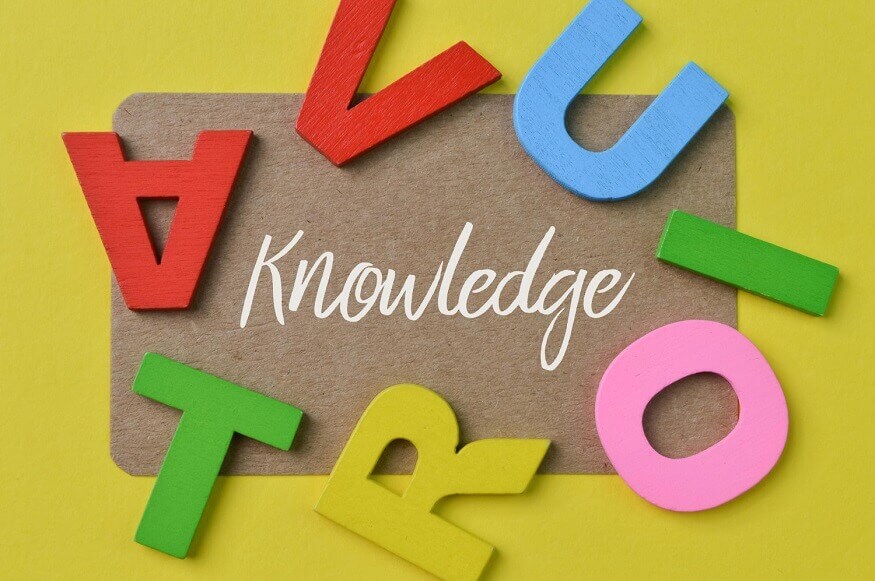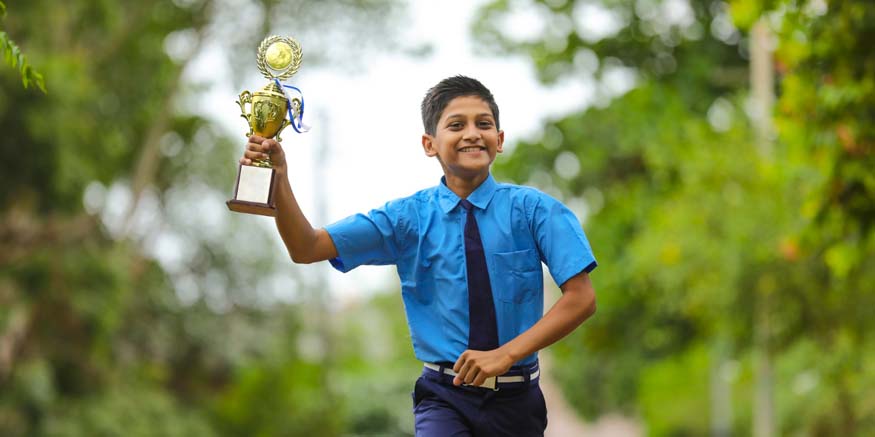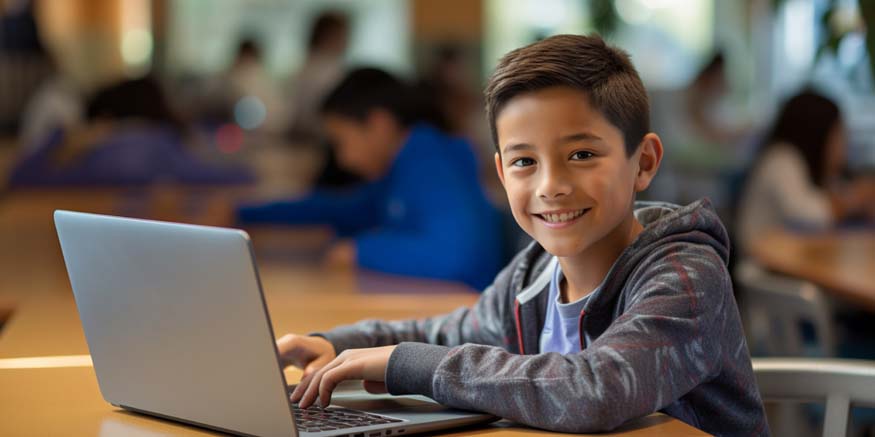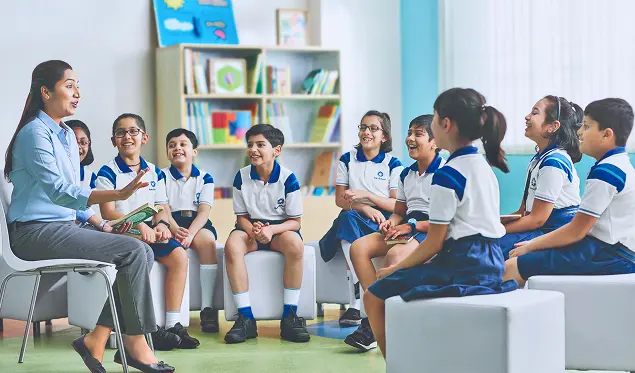Words are a means for us to communicate with our fellow beings. Words help us express our feelings, thoughts, and emotions to others. Without words, it will be very difficult for us to let others know what we are thinking or feeling. Those who have a strong command of words can express themselves much better than those with limited command of words. For example, a state of happiness can be described in various forms, such as:
- Joy
- Excitement
- Ecstasy
- Pride
- Contentment
- Gratitude
- Amusement
- Playfulness
Similarly, a state of sadness can have the following variations:
- Gloomy
- Hopeless
- Disappointed
- Unhappy
- Lonely
- Bored
- Apathetic
Notably, each of these variations of happiness and sadness has very different meanings. Someone with a limited understanding of words or someone with a limited vocabulary when asked how you are feeling, will simply say I am feeling happy or sad. However, someone with a better command of words can better express their state of mind and how exactly they are feeling. Those who can better express themselves are better positioned for success as compared to others. Hence, children need to work on their vocabulary and build it gradually. One effective way of accomplishing this is the “Word of the Day” activity where the child learns one new word every day.
The next question that arises is what kind of words should one focus on. What new words for kids should we look to expose them to? What are those golden words for kids? Should we start with simple words for kids and then graduate to basic words for kids? A dictionary is usually the best source of words, but it is not advisable to go by the alphabetical sequence, the way words are arranged in a dictionary. One way of organising words for kids is to start with their daily activities and teach them words that they can use during a regular day.
Golden words for kids
Parents can think about starting with the “politeness” words/phrases such as:
– Hello
– Please
– Thank You
– You are welcome
– Sorry
– Excuse me
– Good Bye
– May I, Shall I
– Good morning, Good evening, Good night
Encourage your kids to use these golden words for kids in their daily interactions, with their parents, other family members, teachers, classmates and friends. Not only will they learn new words, but will learn to be polite with others which is an extremely valuable character trait to have.
Basic words for kids
Kids typically start school by learning alphabets and words associated with those alphabets. For example, A for Apple has been taught for decades. An interesting activity for kids to learn new words is to help them identify one new object in their surroundings every day. You could start with their body parts, their clothes and accessories and move to their external surroundings. For example, the new basic words they learn in this process could be:
- Body parts: Hair, Nose, Eyes, Ears, Lips, Neck, Arms, Chest, Legs, Thighs, Feet, Fingers, Toes, etc.
- Clothes and accessories: Shirt, Trousers, Watch, Bangles, etc.
- External Surroundings:
- Household Items: Chair, Table, Kitchen, Television, Bottle, Broom, etc
- Food Items: Names of fruits, pulses, rice, chapati, etc.
- Animals: Dog, Cat, Birds, Plants, Trees, Road, Bridge, Rivers, Ocean, Mountain, etc,
Be watchful of what the kids are engaged in and pick out words to teach them in those moments. For example, if they are into drawing and painting, you can teach them contextual words such as Brush, Paint, Canvas, Chart paper, Easel, etc. Depending on the places you take them to, use such opportunities to teach them words related to those tables. For example, if you take them to a restaurant for dinner, you can teach them words such as Restaurant, Waiter, Chef, Menu, Starters, Main Course, Desserts, etc.
Simple words for kids
From Basic words, you can gradually upgrade their words to slightly more abstract items such as words that signify their thoughts, feelings, and emotions. These could be words such as Happy, Sad, Angry, Bored, Annoyed, Calm, etc. This might take them some time to understand as these words may not be that easy to explain. For example, explaining the word gratitude might not come so easily unless they are slightly grown up. Explaining the difference between angry and annoyed also might take them some time to understand. You can start with simple variations and move them to more complex variations as they grow up.
Following are some tips to help build habits among kids to build their word power.
Stroke their curiosity
Learning new words for kids is a lot about curiosity. Kids are naturally curious, so they will ask a lot of “What is this?” “What is that?” kind of questions. Stroke their curiosity and let them explore. This is when they would learn new words and phrases. If they hear a word that they do not understand, ask them to use a dictionary or the internet to figure it out on their own. This will keep up their curious nature and will also build in them the habit to add new words to their vocabulary on their own.
Reading and Listening
Reading books or stories and listening to stories and other content could be an extremely useful and effective way to learn simple words for kids. Through these activities, they come across new words. Tell them the meaning of those words as they come across. Encourage them to immediately pause when they come across a word they do not know, figure out the meaning, and only then continue with what they are reading. If they develop a habit of reading something daily, e.g., a newspaper, rest assured they would learn more than one word a day. Encourage them to mark out the words they found new so that if not immediately they can check their meanings later in one go.
Word Games
Playing word games such as Scrabble and crosswords could be another excellent way for kids to learn new words. Encourage kids to spend some time in the week playing these games.
Enroll your child with EuroSchool today!









